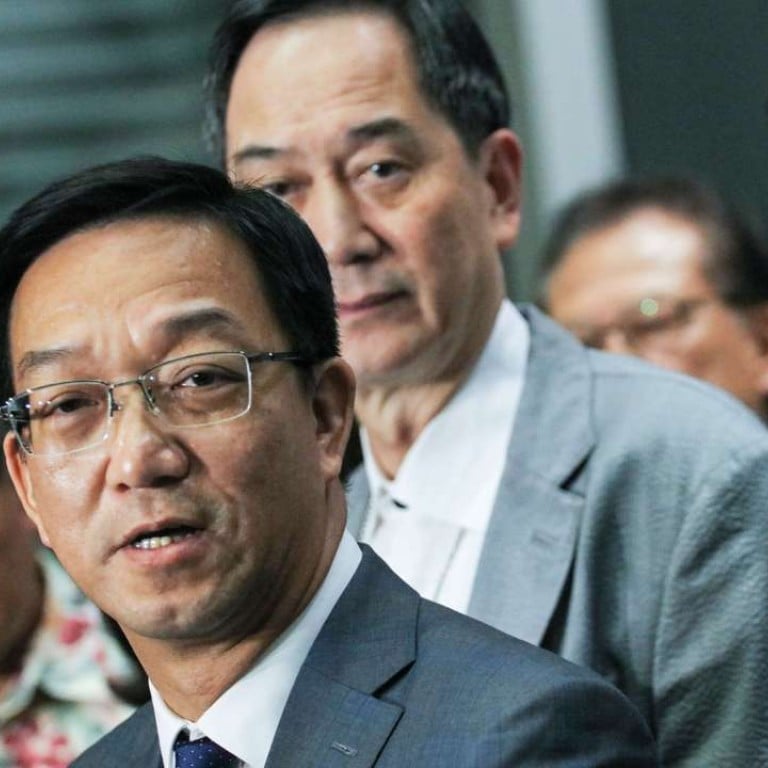
It’s time for the Heung Yee Kuk to embrace reform
The body is increasingly seen as an anachronism that puts vested interests over the public good
Reform does not come easy for an institution like the Heung Yee Kuk. Established as a rural affairs advisory body for the British colonial government, the 90-year-old body looks increasingly odd in today’s context. There is growing pressure for it to move with the times and respond to changing needs.
The problems with rural affairs have been put under the spotlight in the wake of the controversy surrounding Eddie Chu Hoi-dick. Although the Kuk dismissed the suggestion that the death threats facing the lawmaker-elect came from village strongmen, the fact is that he campaigned with a platform to crack down on land abuses and to take on the Kuk and vested interests in the New Territories. It remains unclear where the threats came from, but the comments from individual rural leaders show Chu is regarded as a foe rather than a friend.
There are reasons why public opinion towards the Kuk and the administration of rural affairs has become increasingly negative. The Kuk was turned into a statutory body in the 1950s to advise the colonial government on social and economic development “in the interest of the welfare and property of the people in New Territories”. But it gradually evolved into an empire ruled by vested interests and privileges. The perception is further enhanced by the frequent revelation of land abuses,allegations of triad linksand the notoriously unfair small house policy – under which a male indigenous villager gets land to build a three-storey villa.
To Beijing and the Hong Kong government, the Kuk remains a force of support and stability. That explains why, in addition to having a Basic Law article protecting the so-called traditional rights of indigenous villagers, there are Kuk members sitting in all tiers of the political structure. But with the distinction between rural and urban areas increasingly blurred, and given that district councils and the legislature have elected seats representing different parts of the city, there are voices questioning the need for the Kuk. To many Hongkongers, the body is a synonym for entrenched privilege, unequal political representation and an outdated legacy.
The landslide victory of Chu and the strong public reaction towards his case show that people are fed up with inequality and abuses in the New Territories. The changing sentimentmust therefore be addressed lest the divide between the public and indigenous villagers intensify further. The Kuk must justify its existence by learning to put public good above vested interests.

